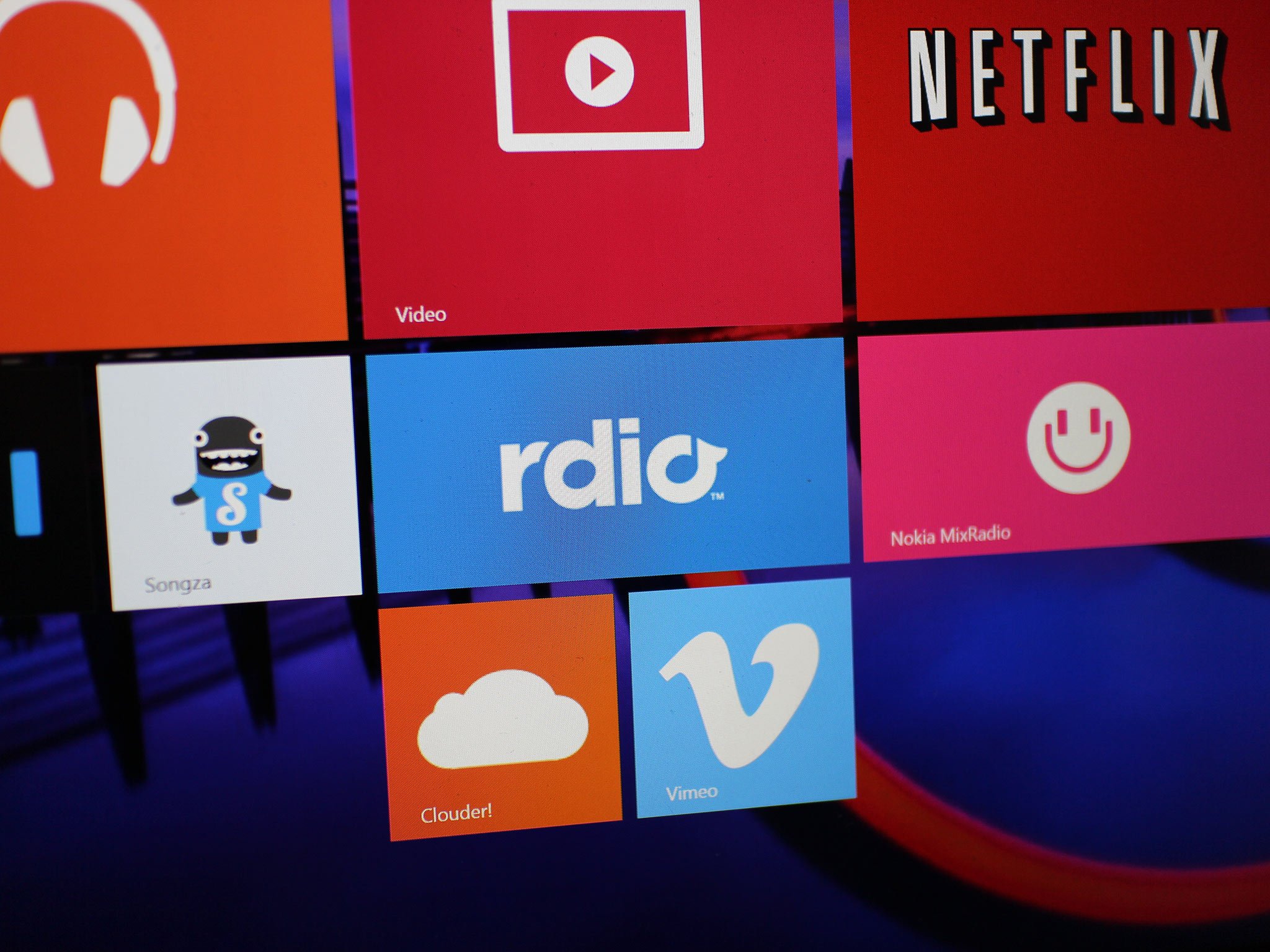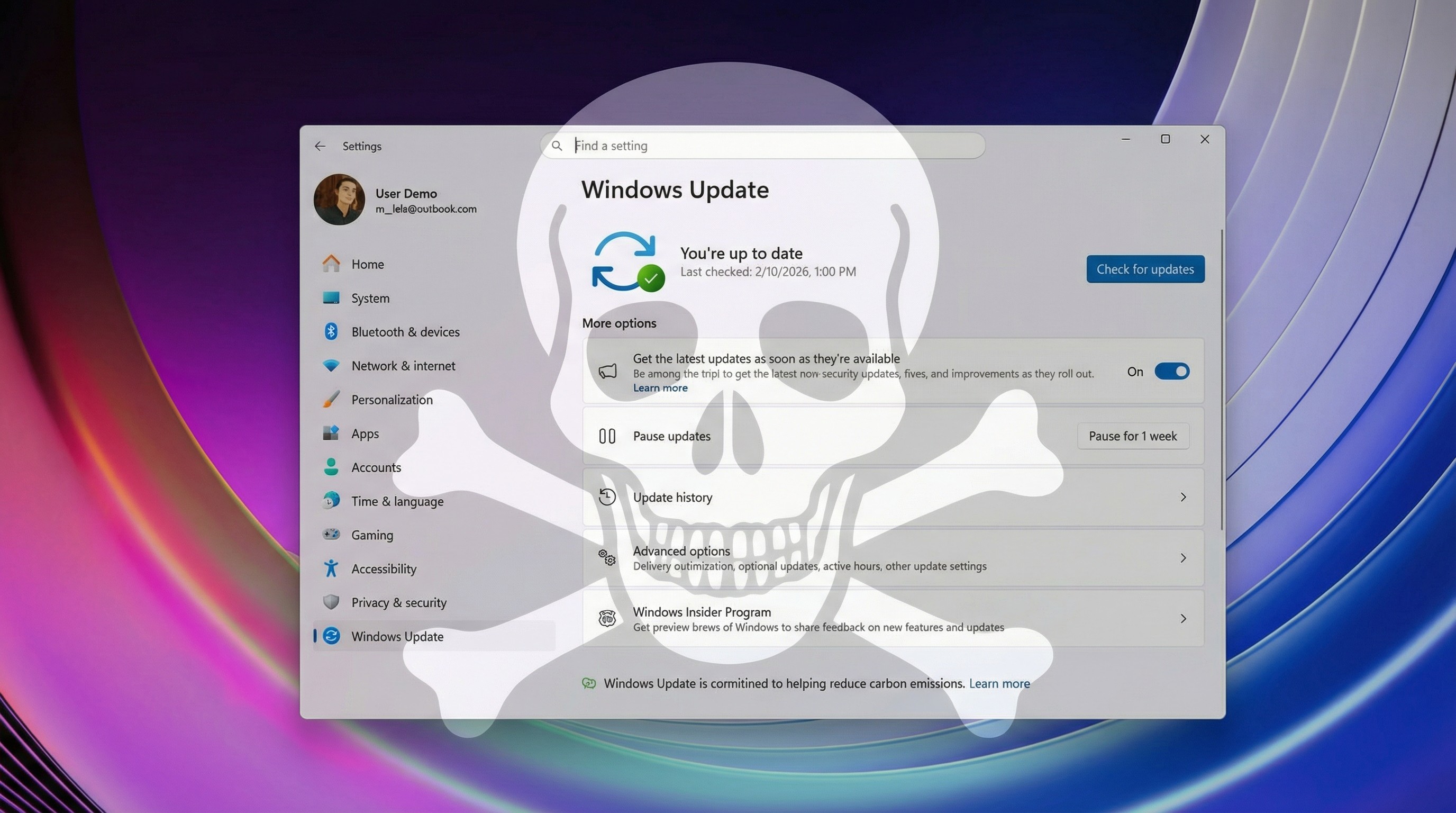Let's talk about Microsoft vs. Apple and a unified app platform
Do consumers want to run apps from their iPhone or iPad on their $3,000 MacBook Pro?

All the latest news, reviews, and guides for Windows and Xbox diehards.
You are now subscribed
Your newsletter sign-up was successful
Apple is reportedly going to find out in late 2018 as they attempt to merge some of the app platforms from iOS to macOS. The reason is evident to anyone who tries to download apps for their MacBook, which is a store where new apps are few and far between - think Windows Phone, but in reverse.
I wrote about this topic last week and now have added a video on the topic as well. So far, many people are giving Apple the benefit of the doubt, which reveals more about Microsoft's lack of consumer confidence than Apple's prowess at succeeding where Redmond had failed.
The problem I see it is rarely addressed: Why would running phone-based apps on your decked out MacBook Pro solve the lack of robust desktop applications for Apple?
Microsoft tried this strategy and between the Universal Windows Platform (UWP) being nascent, the lack of consumer interest, and the reliance on using the web for many tasks it did not work out (nor did it help Windows phone).
Earlier this year, I wrote how Microsoft would shift from "phone apps on PC" to more powerful desktop applications for the Microsoft Store, and that is what has happened. Affinity, Adobe Photoshop Elements, dj PRO, Autodesk Sketchbook, and legacy apps like Paint.net are now the focus in the store. Even "classic" PC games are making the appearance, shifting away from lite mobile games to ones that require beefier hardware.
Apple wants to unify iPad, iPhone, and Mac apps – but will it work?
Additionally, Apple has a more extensive problem: MacBooks don't support touch. Will users want to experience their favorite phone apps as non-touch experiences? Again, history tells us no.
All the latest news, reviews, and guides for Windows and Xbox diehards.
In the end, Apple's venture won't make things worse for macOS or its pricey laptops and desktop computers, but so far, there is little reason to believe this will fix its real problem: waning interest from creative professionals in the Apple PC line. Apple does have a dedicated base of developers who seem to create some exciting applications, but it's not clear it's enough to affect sales.
But will you give up on a touch-enabled two-in-one PC experience like Surface for a MacBook Pro because of this? Let me know in comments!

Daniel Rubino is the Editor-in-Chief of Windows Central. He is also the head reviewer, podcast co-host, and lead analyst. He has been covering Microsoft since 2007, when this site was called WMExperts (and later Windows Phone Central). His interests include Windows, laptops, next-gen computing, and wearable tech. He has reviewed laptops for over 10 years and is particularly fond of Qualcomm processors, new form factors, and thin-and-light PCs. Before all this tech stuff, he worked on a Ph.D. in linguistics studying brain and syntax, performed polysomnographs in NYC, and was a motion-picture operator for 17 years.

